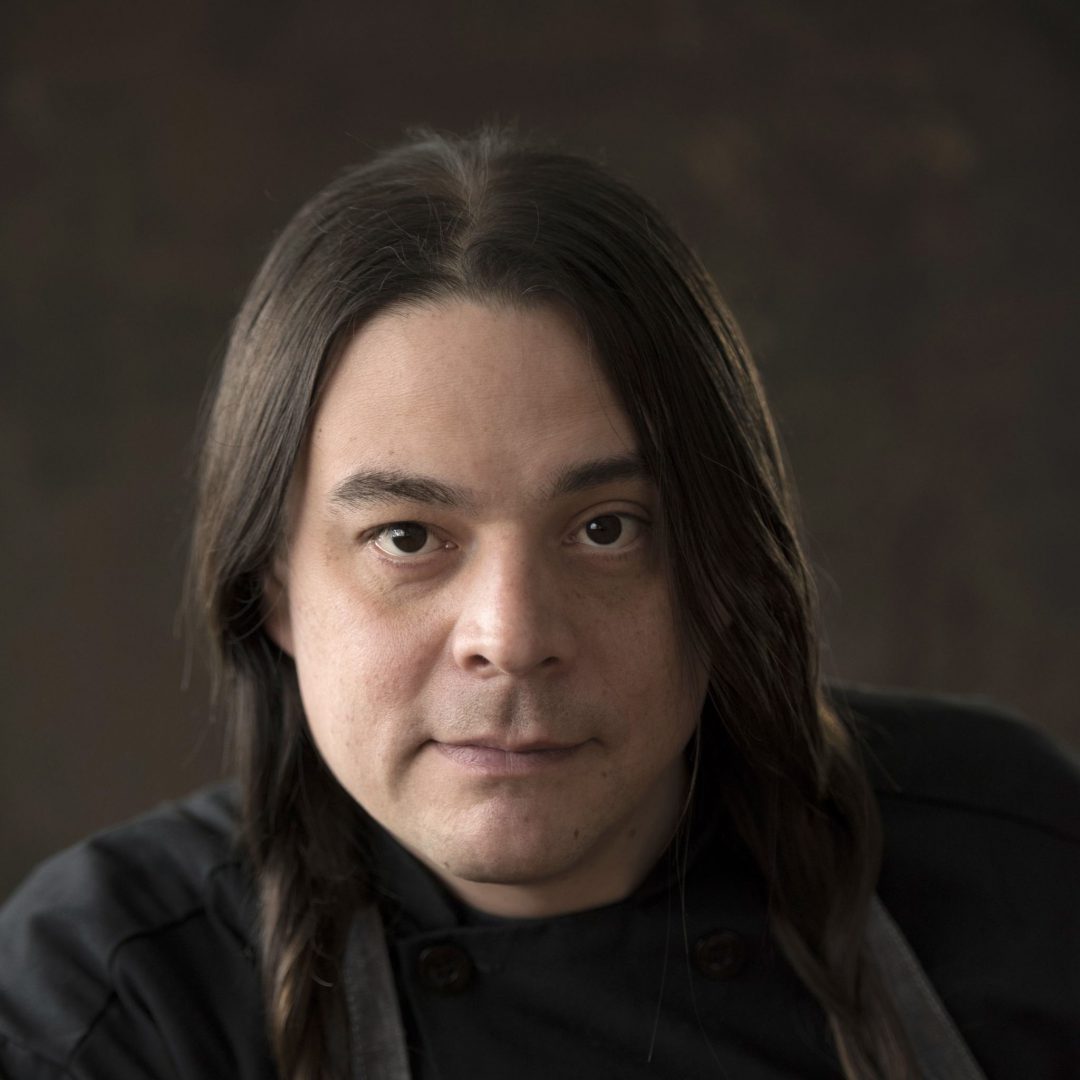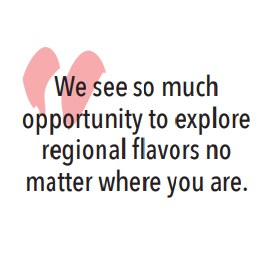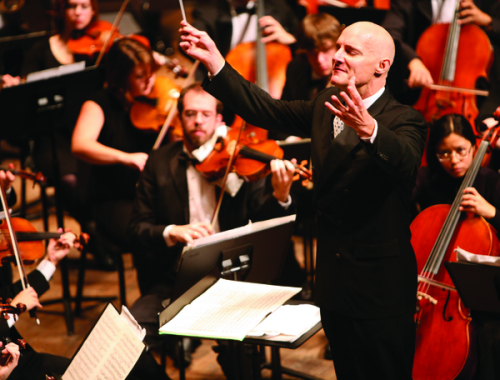
Beyond Fry Bread
Non-indigenous Minnesotans can usually manage to wrap their mouths around dishes like enchiladas, crêpes and pesto. But when asked to name an indigenous North American dish—like wasna, an Oglala Lakota delicacy—many of us end up tongue tied. And it doesn’t help that it’s all but impossible to find a Native American restaurant in the Twin Cities.
Culinary veteran Sean Sherman is working to change that.
A member of the Oglala Lakota tribe, Sherman grew up in Pine Ridge, South Dakota on the Pine Ridge Indian Reservation. A few years after launching his career in the Twin Cities, Sherman noticed how few restaurants were devoted to serving and preparing indigenous food. “It was striking to me coming from an indigenous community,” he says. “I wanted to learn, to grow and to understand.”
In 2014, this gastronomic epiphany led Sherman to found The Sioux Chef, a nonprofit organization that champions indigenous cuisine through catering, education and community outreach. He currently serves as the CEO and is one of the organization’s five in-house chefs. The Sioux Chef does not use any European or colonial ingredients, like beef, dairy, wheat flour or processed sugar, in any food it prepares to preserve the authenticity of native foods and traditional ingredients.

That doesn’t mean The Sioux Chef is a vegan organization. They use proteins like bison, venison, duck, fresh- and salt-water fish in their recipes. As for produce, wild berries, wild rice, corn, beans and wild greens are prominently featured. Ingredients vary based on the location of the tribe and the vegetation or animals that live in the area.
Sherman says it was challenging at first to exclude dairy and other colonial ingredients in dishes. “We were very much in tune with Eurocentric recipes and ratios when it came to making certain types of food,” he says. “The challenge was trying to utilize regional indigenous food.”
Sherman has two primary goals: To recreate traditional recipes and refine them for the modern world, and the other to redevelop and educate Native American youth about indigenous food systems so they can learn to cook meals their ancestors once ate.
Sherman and Minneapolis-based chef Beth Dooley published a cookbook, “The Sioux Chef’s Indigenous Kitchen.” It received the 2018 James Beard Foundation Award in the Best American Cookbook category. And The Sioux Chef continues to reimagine these recipes in tasteful way. “We’ve been doing it for almost five years now. We see so much opportunity to explore regional flavors no matter where you are,” Sherman says.
Longtime marketing professional Dana Thompson joined The Sioux Chef as its co-owner and chief operating officer in 2014. Like Sherman, Thompson is indigenous, with her ancestral blood in the Wahpeton-Sisseton and Mdewakanton Dakota tribes.
Thompson’s role in The Sioux Chef is different from Sherman’s. Her passion is healing ancestral trauma associated with indigenous communities, especially indigenous youth, through food. Thompson says The Sioux Chef hosts dinners in tribal communities so that younger members can sit next to elders and learn from their experiences or memories.
Thompson says that when the elders tell their stories to them, they realize that indigenous cuisine and food systems shouldn’t be taken for granted.
“A lot of times, young people in tribal communities don’t even realize the ancestral trauma caused by the unrecognized genocide that happened to their ancestors,” Thompson says. “Recognizing what happened and naming it is truly the most important step to start the healing process.”
To Thompson, food is a great way to do that because “food is medicine.” She looks at the holistic perspective of nutrition, physical health, spiritual health and mental health because she believes they’re completely connected.
In the future, Sherman plans to open a training lab and a restaurant for indigenous youth so they can learn about their culture’s food. In the process, Sherman and The Sioux Chef are extending the life cycle of cuisines that have existed for over a millennia.
Sherman has also created the nonprofit North American Traditional Indigenous Food Systems (NATIFS). The goal of NATIFS is to re-educate indigenous peoples, especially youth, on how to cultivate food on native lands and reintroduce native crops and agriculture. NATIFS will focus on Minnesota, but Sherman hopes to expand this vision all across North America.
“It took time to network with people and visit other tribal communities around the nation, to research a lot, to learn, to grow our team and to carefully take steps forward to utilize this knowledge,” he says. “We’re doing it for both indigenous communities, but we also want to be welcoming to non-indigenous people, so they can see what we’re doing and to try our food.”
The results are redefining the image, and taste, of indigenous North American cuisine in Minnesota.










